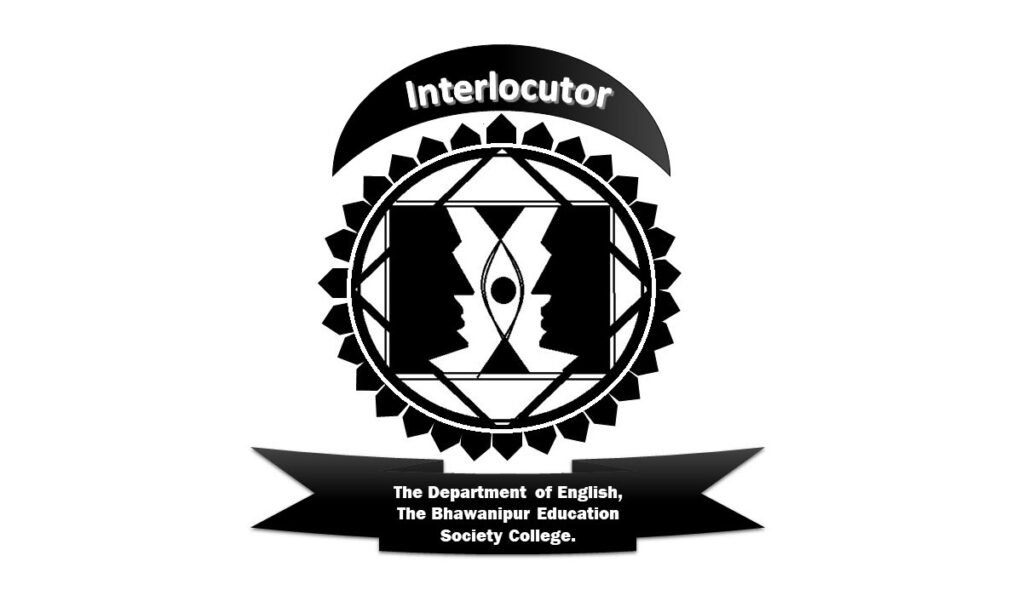Call for Papers
Vol. III – 2024
Rebellious Selves: Counterculture and Subcultures
Michael Madhusudan Dutta and Willkie Collins. Two men, born far apart across the expanse of the globe, but sharing January 1824 as their birth-month, had certain similarities. They each broke new grounds in the literatures of two very different cultures. Both led unconventional lives, rebelling against the strict norms of their respective societies: orthodox Hindu bhadralok society for one and straitlaced Victorian society for the other. Both were admired members of their own intellectual circles in spite of their hedonistic predilections regarding wine and women. Both had a fascination with foreign countries, though stemming from very different impulses. Their contributions to the literary traditions of their day and milieu have ensured a place for both Dutta and Collins in the literary canons of Bengali and English respectively.
Madhukobi, the moniker by which Dutta is sometimes referred to, gifted Bengali with a new metre, new poetic forms, modern drama, and above all, the articulation of modern ethical values within tales gleaned from traditional Indian narratives. His literary journey has sometimes been sentimentalised as a homecoming of a prodigal who had been initially lured by the English tongue. But critical explorations have noted far more complex relations in his cultural negotiations than the simple tale of a lapsed Hindu and a born- again Bengali.
As the author of the abidingly popular novel The Woman in White, Willkie Collins is credited as being the pioneer of the genre of detective fiction in England. With its depiction of a home that is not the idealised sanctuary of Victorian respectability, but a “secret theatre” where tragedies are hidden behind the curtains, Collins shreds apart the Victorian narrative regarding family life. The novel involves anxieties about identity, belonging and gender roles which resist overarching Victorian social values. The detective novel in England that Collins is said to have initiated was thus born with the possibility of subversive narratives latent within it. It is pertinent to note here, that Collins himself chose to have relationships with two women, but not to marry either of them, in opposition to the societal norms of his times.
The literary and personal trajectories of both these writers from diverse cultures, neither of who came from marginalised backgrounds, lead one to ponder over the relationship of gifted, sensitive and free-thinking individuals to the pulls and counter-pulls of the intellectual and social legacies of their times. This is as pertinent in relation to the twentieth and twenty-first centuries as it was two hundred years ago. Explosions of counter/sub-cultures across centuries and continents, be it the Young Bengal radicals, the alternative lifestyles proposed by the Romantics, the proponents of Art for Arts’ sake, members of the Bloomsbury group, the Beat generation, the Harlem Renaissance, Tagore’s experiments with education and Gandhi’s with truth, the writers of the Kallol era and the Hungryalists in Bengal, the innumerable radical cultural and philosophical experiments emanating from the bastions of early to late capitalism – Europe and America, even musical styles such as Grunge, Hip Hop and Rap, have all emerged from resistance to dominant cultural and societal attitudes.
The bicentenary of the two literary personages, therefore, may also be considered as an opportunity to appraise the wider range of “…cultural and psychological pathologies”, to adopt Ashish Nandy’s words (The Intimate Enemy) which go into the artistic expressions of countercultures and subcultures across the globe. With the cultural intersections following colonisation, the tensions between normative and subversive lifestyles have become more pronounced among the colonised and colonising countries. The trend which started in the nineteenth century, has had many comebacks in different forms, in different cultures and eras.
In the third volume of Interlocutor, we would like to invite original, scholarly articles engaging with the productions of various socio-cultural movements from the late nineteenth century to our current times, which resist the hegemony of dominant cultural practices. Articles dealing with the theoretical underpinnings of, or, responses to, the cross-currents of cultural politics of the following sub-themes (but not confined to) are invited:
- Life and works of Michael Madhusudan Dutta
- Life and works of Wilkie Collins
- Contemporary subcultures of the 19th and 20th Century
- Subaltern remappings of mainstream discourses
- Progressive Literatures in Indian vernacular languages
- Queer/Feminist narratives of resistance.
- Ableism and the discourses around disability
- Discourse of language around political correctness
- Representations in cultural productions in various media
- Emerging nationalism and subnationalism
- Dalit Literature and Resistance
- Counter-normative cultures of food
- Travels and Taboos
Last date of submission: 15th June, 2024
Stylesheet: See submission guidelines
Ethical Policy: See publication ethics
Contributors are requested to strictly adhere to the submission guidelines and the ethical policy of the journal. Non compliance of the aforementioned may lead to rejection of the submission.

